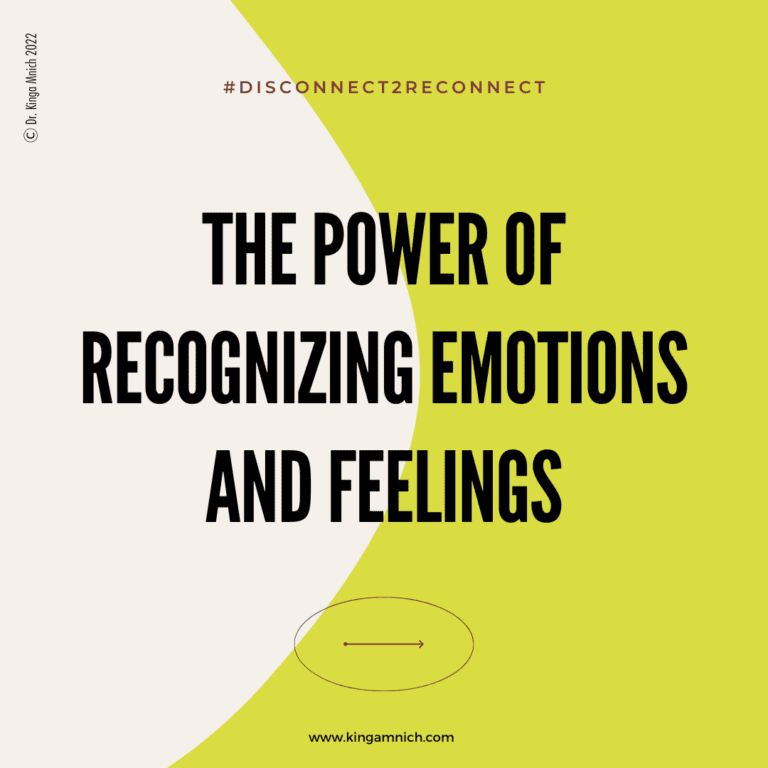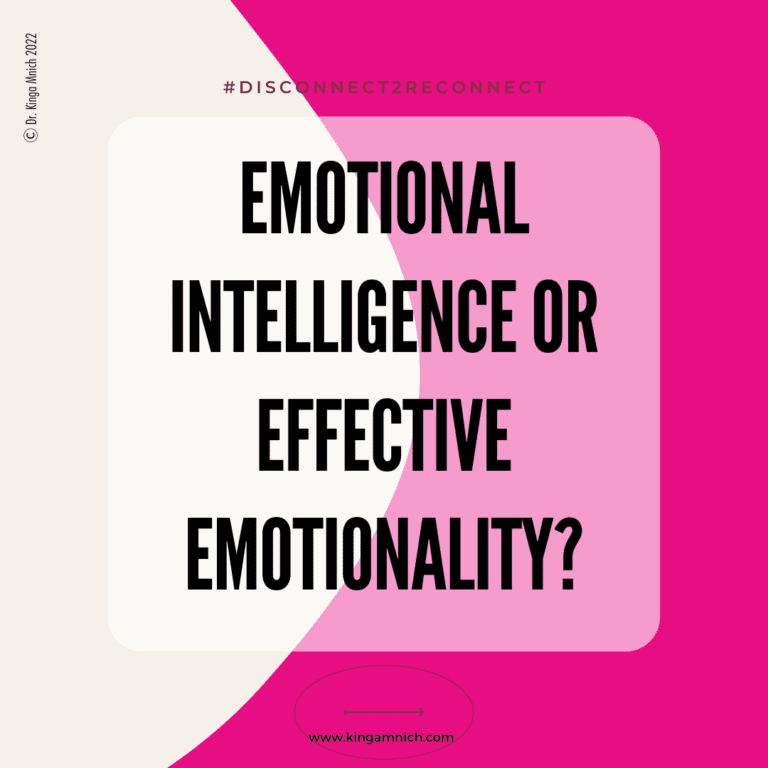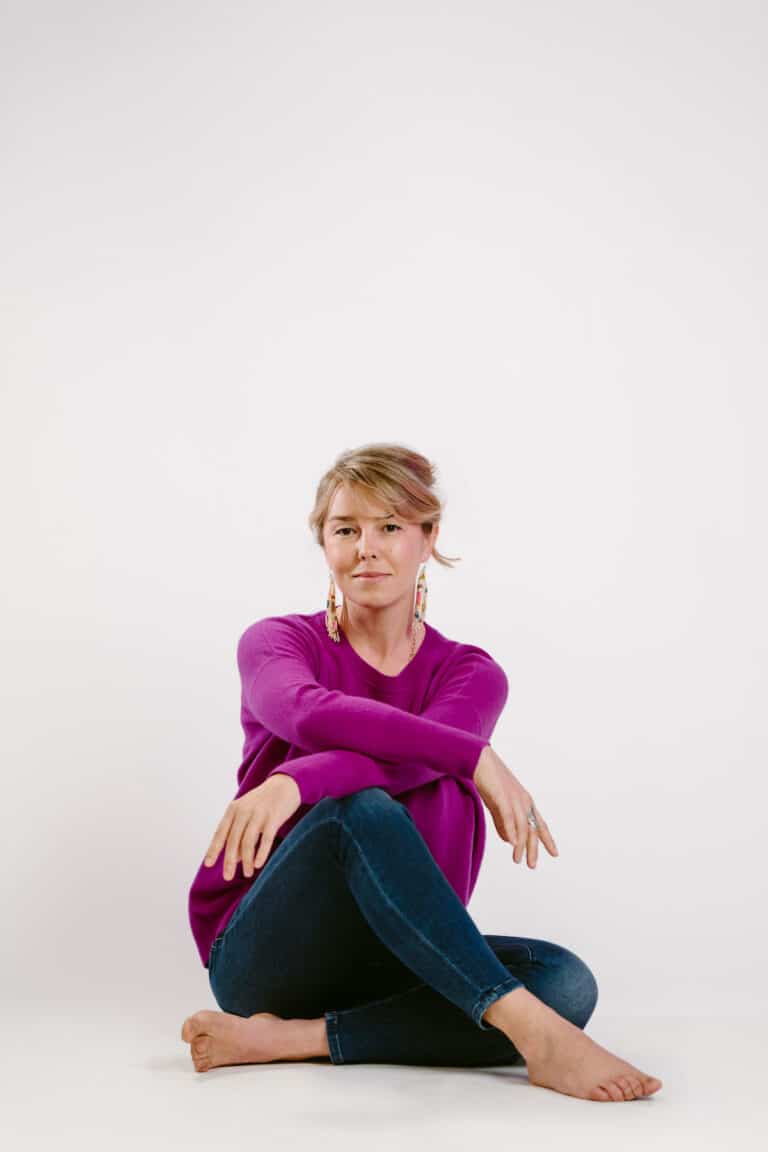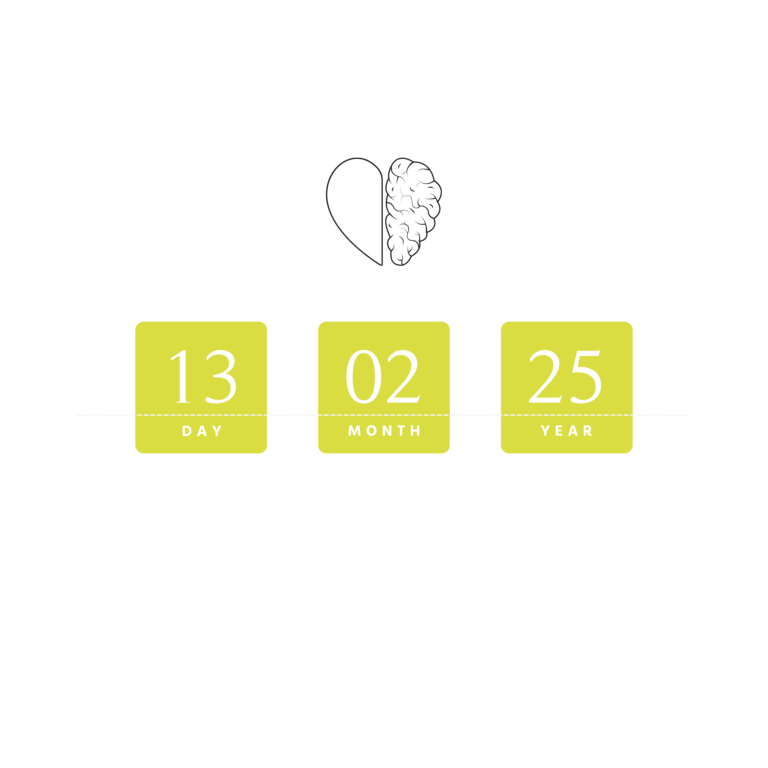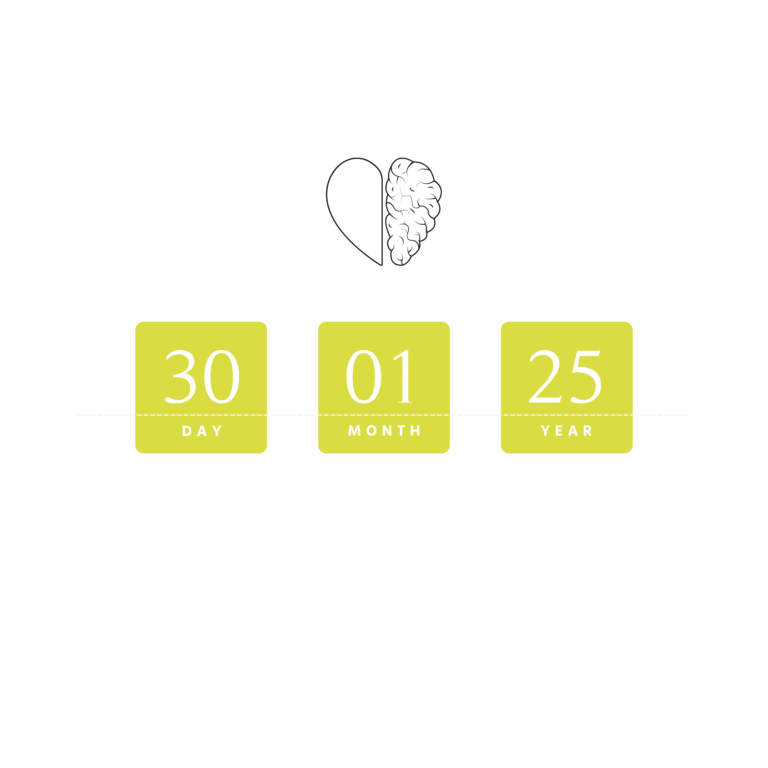When the stakes are high -especially when our well-being, health, and physical health are at stake-, it is essential to listen to your intuition. I remember watching an Ironman in South Africa collapse on the side of the road and die a few hours later in the hospital because of a hole in his heart. He overtrained and didn’t give his body the rest it needed. More so, he didn’t listen to the warning signs.
For high achievers, the ultimate goals are pushing boundaries, dismantling ideas of what is possible, and making the impossible happen. Training the body and mind, developing relentless grit and ambition, and focusing with all one’s energy on one task are common characteristics of people like Simone Bile, Jolanda Neff, Sara Blakely, Jacinda Ardern, the Obamas, and many other impactful leaders.
As a society, we need people who inspire us and show us that it is possible to grow, do more, become a different person, and breakthrough against all odds. But we don’t want to see them step down or fall apart because it makes them too human. It is the controversy of wanting to be inspired and believing that humans can do the impossible while we continue to believe that it takes something special to be extraordinary.
Controversy No. 1: Humans can do anything they set their minds to. Though, it takes a special person to achieve the impossible.
Now, the next thing that sets in is jealousy. That sweet little emotion shows us which dreams haven’t turned into reality. But too often misunderstood as a weakness. Submerged by shame, and turned into anger against others. Too many deflect rather than reflect and badmouth others. When Simone Biles stood up for her mental health in 2020, it was not just a way of setting boundaries, taking care of her mental health, and ensuring that she didn’t jeopardize her well-being. It was also the beginning of a much-needed public conversation, which took many different turns.
Controversy No. 2: High achievers are role models, but only as long as they achieve the extraordinary.
Biles showed that making a concise decision based on more than logical thinking is possible, no matter your situation. And look where it has brought her—three Gold Medals (just saying).
Rationally, actions such as these can’t be fully understood. Emotionally, they might not make sense either. But when you bring in the level of motivation, intuition, creative thinking, and physical experience of your body, we know that this person isn’t just an incredible athlete. She is an integrated human who has mastered understanding all levels of herself. She isn’t only in tune with her body but also her mental and emotional capacities. It takes self-awareness, presence, and integrity to reach this level of high achievement.
Instead, many labeled her as weak and taking a break as inexcusable rather than understanding that creating space for personal growth and mental health is not a sign of weakness but of strength.
Controversy No. 3 – Personal development is essential for mental health, but taking a break is embarrassing and a sign of weakness.
When high achievers consistently push their limits without taking time to rest, reflect, or prioritize their mental well-being, the risks of burnout, emotional fatigue, and poor decision-making increase dramatically. In today’s fast-paced world, many leaders, innovators, and change-makers pride themselves on their ability to ‘power through’ challenges without acknowledging the emotional toll it takes. Yet, neglecting mental health can lead to costly mistakes, whether it’s strained relationships, missed opportunities, or even physical health issues. Ever been here before?
Taking a step back to reset and prioritize mental health is not a sign of weakness but a crucial skill for making sound, long-term decisions. High achievers like Simone Biles show us that personal boundaries and mental health maintenance are essential to sustained success—not just an afterthought.
On Mental Health Day, it’s important to remember that mental health should always be a priority, not just when it becomes a crisis. Similar to other health issues, prevention is crucial. Despite progress in raising awareness and promoting acceptance of the importance of creating supportive environments for mental health, many mental illnesses still face stigma and prejudice.
Being in touch with your emotions and increasing emotional awareness and intelligence is an effective way to improve your mental health.
Connecting with our bodies, feeling our inner sensations, and using our emotions as indicators to set boundaries is a great starting point for most of us.
When emotional intelligence becomes the new hard skills.
Especially when it comes to emotions, many of us fall short. Simplified because of the way we grew up. Emotions were banned in most places—especially strong or ‘so-called’ negative emotions. As a result, most of us have never learned how to experience, evaluate, and express our feelings. Somewhere along the path of growing up, you learn that certain emotions are reserved for a specific gender or even certain cultures. Therefore, feeling one of these emotions can’t be right. Either something is wrong with you, or you must suppress it immediately.
Connecting to your emotions and feelings allows you to understand when to set boundaries. Simone Biles showed incredible strength and a deep-seated understanding of how her thoughts and emotions affect her performance. Super athletes are as human as we are. Their astonishing ability to connect to their bodies and develop them into extraordinary machines is what spectators see.
Many of us don’t see the incredible mental work these athletes accomplish—the power of visualization, control over fear and flight, and fusion between mind and body. The results manifest as extraordinary abilities. The key distinction between a super athlete and a talented individual is the mastery of their mind.
It is important to prioritize mental health because our minds are crucial for everything we do. For instance, research shows that having a healthy mind is the key factor in recovering from serious accidents and regaining the ability to walk after a major spinal injury. The more we learn about our capacity to heal, surpass expectations, and achieve greatness, the more we realize that our mind, thoughts, and positive emotions are the main drivers, influencing our body through biochemical reactions.
Athletes and other high-achievers know that their minds must work sharply to avoid mistakes and create extraordinary performances.
Lack of sleep, emotional stress, disagreements between partners, inadequate or unbalanced diet, negative thoughts, lack of downtime, and even the way we breathe influence the way our minds work. Being connected to your emotions and feelings allows you to understand healthy boundaries and when you need to step back vs. when you need to push through.
Am I afraid because I don’t feel like myself, or am I afraid to push the boundary because I fear the unknown?
Prioritizing self-care can quickly feel selfish. That’s why drawing the proper boundaries is so difficult for many. But everyone needs to understand that our mind and body need a break to process, learn, and clean out unnecessary information. We also need to detox our body and brain for our mind to function fully.
But what can we do to balance pushing our boundaries and flexing our mental capacities while ensuring that we are not overstretching ourselves?
For many high-achievers and for anyone who wants to make an impact in life and leave a mark on the world, this question may seem like a luxury. After all, who has the time to take care of their mental health? Too often, mental health is ridiculed and seen as a weakness. However, our cognitive abilities are what keep us going and make the impossible possible.
These are five effective practices that have proven effective in gaining energy and allowing your mind to rest:
1. Turn off your phone and laptop on weekends. Allow yourself to focus on the moment, go for a walk, cook fresh food, and spend quality time with your family. Taking every weekend off to rest was a common practice till the early 90s and still is in some countries. Unfortunately, retail started pushing for more open hours out of fear of losing business in virtual marketplaces and creating a culture of permanent work.
2. Replace your to-do list with a detailed calendar. Place each task into your calendar. This gives you more control over time, stops overwhelm, and allows you to see how much time you have.
3. Stop judging yourself. This is a tough one but one of the most crucial aspects of self-care. Self-care doesn’t just mean taking a bath or going for a walk. It also means developing a healthy understanding and ability to acknowledge your achievements instead of focusing on what else needs to be done. It is the difference between an abundance mindset and a lack mindset.
4. Become an essentialist. The book Essentialism: The Disciplined Pursuit of Less is an excellent, inspiring read on that topic. Essentialism allows you to focus on what will bring the most significant impact and ensure that you focus your energy on that. This includes setting boundaries. Without boundaries, you won’t be able to be the high achiever you want to be.
5. Say no more often and plan self-care time into your calendar. This allows you to say: “I am sorry, I already have plans that weekend.” Or “Sorry, I won’t join you on a Tuesday because I am enrolled in a meditation/yoga class.” Plan your week according to your energy levels and stick to it. For many, that means learning to say no and letting go of the fear of missing out or being judged by others.
The latter one usually diminishes when you stop judging yourself 😉
Remember your mental abilities are what makes you extraordinary. The more you take care of it, the more you can see beyond the horizon.


